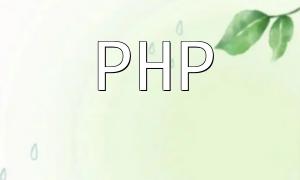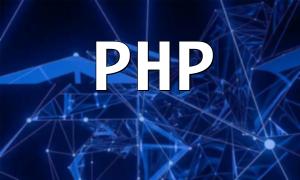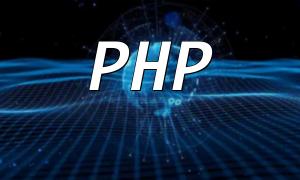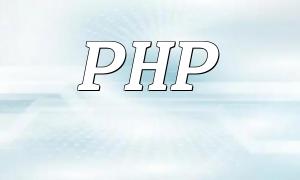In software development, good code standards are essential to ensuring project quality and maintainability. Whether for individual projects or team development, adhering to consistent code standards improves code readability, maintainability, and scalability. This is especially important in PHP development, where the significance of code standards is more pronounced.
Firstly, good coding standards enhance code readability. A solid coding standard makes the code structure clearer and easier to understand, allowing other developers to quickly grasp the functionality and logic of the code. By using consistent indentation, naming conventions, and commenting standards, developers can better organize their code and express their intentions, making the code easier to read.
public function __construct($id, $username)
{
$this->id = $id;
$this->username = $username;
}
public function getId()
{
return $this->id;
}
public function getUsername()
{
return $this->username;
}
public function setUsername($username)
{
$this->username = $username;
}
}
$user = new User(1, "John");
$user->setUsername("Jane");
echo $user->getUsername(); // Outputs "Jane"
?>
From the example above, we can clearly see the class properties and methods, and the consistent naming and indentation make the code easy to understand and read.
Next, good code standards increase code maintainability. If the code standards are consistent, maintenance personnel can more quickly find the code sections that need to be modified or fixed. Additionally, by following consistent commenting and documentation standards, maintenance personnel can more easily understand the functionality and interfaces of the code, making maintenance work more efficient.
<?php
/**
* Get user information
*
* @param int $id User ID
* @return array User information
*/
function getUser($id)
{
// Code to query the database for user information
return $userInfo;
}
<p>/**</p>
<ul>
<li>
<p>Update user information</p>
</li>
<li></li>
<li>
<p>@param int $id User ID</p>
</li>
<li>
<p>@param string $username New username</p>
</li>
<li>
<p>@return bool Update result<br>
*/<br>
function updateUser($id, $username)<br>
{<br>
// Code to update user information in the database<br>
return true;<br>
}</p>
</li>
</ul>
<p>$userInfo = getUser(1);<br>
$userInfo['username'] = 'Jane';<br>
$updateResult = updateUser(1, $userInfo['username']);<br>
if ($updateResult) {<br>
echo 'User information updated successfully';<br>
} else {<br>
echo 'Failed to update user information';<br>
}<br>
?><br>
From the example above, we can observe the function and parameter commenting standards. This helps developers better understand and work with the code during maintenance.
Finally, good code standards enhance code scalability. By adhering to consistent coding standards, new developers can quickly adapt to the project and easily extend and modify the code. Furthermore, by following consistent directory structure and file naming conventions, project code can be better organized for easier management and expansion.
In conclusion, the importance of PHP code standards in project maintenance has been fully demonstrated. Good code standards enhance code readability, maintainability, and scalability, which in turn improves the quality and development efficiency of a project. Therefore, during development, we should strictly adhere to PHP coding standards and cultivate good coding habits. Only in this way can we efficiently develop and maintain PHP projects.









